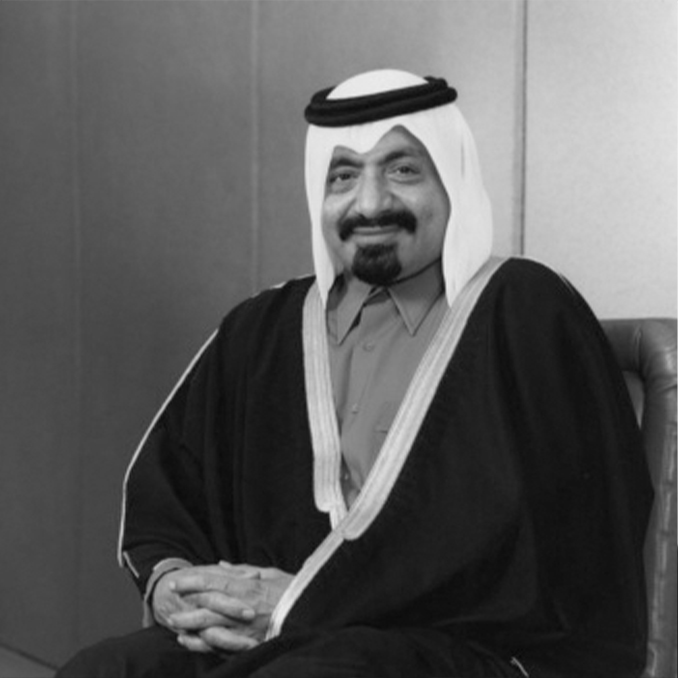On February 22, 1972 Sheikh Khalifa became the Amir of Qatar. He soon started the process of reorganization of the government, appointing Sheikh Suheim Bin Hamad as the first foreign minister and amended the Interim Basic law in 19 April 1972 to enlarge the cabinet.
Diplomatic relations were also established with a number of foreign countries at ambassadorial level. The cabinet was reshuffled for the first time replacing most of the previous ministers and bringing their number up to fifteen.
In line with the expansion of government activities and services the education system of the country was also reformed. A number of schools and other educational institutions were inaugurated and the University of Qatar, the first university in the country, was established in 1973.The first museum in Qatar was also established in 1975.
Among the key achievements of that era was the issuance of the Amended Interim Basic law in April 19, 1972 replacing the previous one issued on April 2, 1970. In that constitution Qatar is identified as "part of the Arab nation". The text also provided for the organization of authorities in the country, establishment of an Advisory Council contributing to enact legislation and laid the foundations for budget approval and State Audit Bureau.
The state revenue from the oil sector had increased due to the signing of a number of production sharing agreements with a number of foreign oil companies. In 1991, the production of gas in the Qatari North Field, the world’s largest single non-associated gas field, commenced. The North Field has estimated reserves of more than nine hundred trillion cubic feet of gas leading to Qatar becoming an energy super power.
Sheikh Khalifa remained the Ruler of the country until June 26, 1995. He passed away on 23 October 2016 and his body laid to rest in Al Rayyan cemetery.
